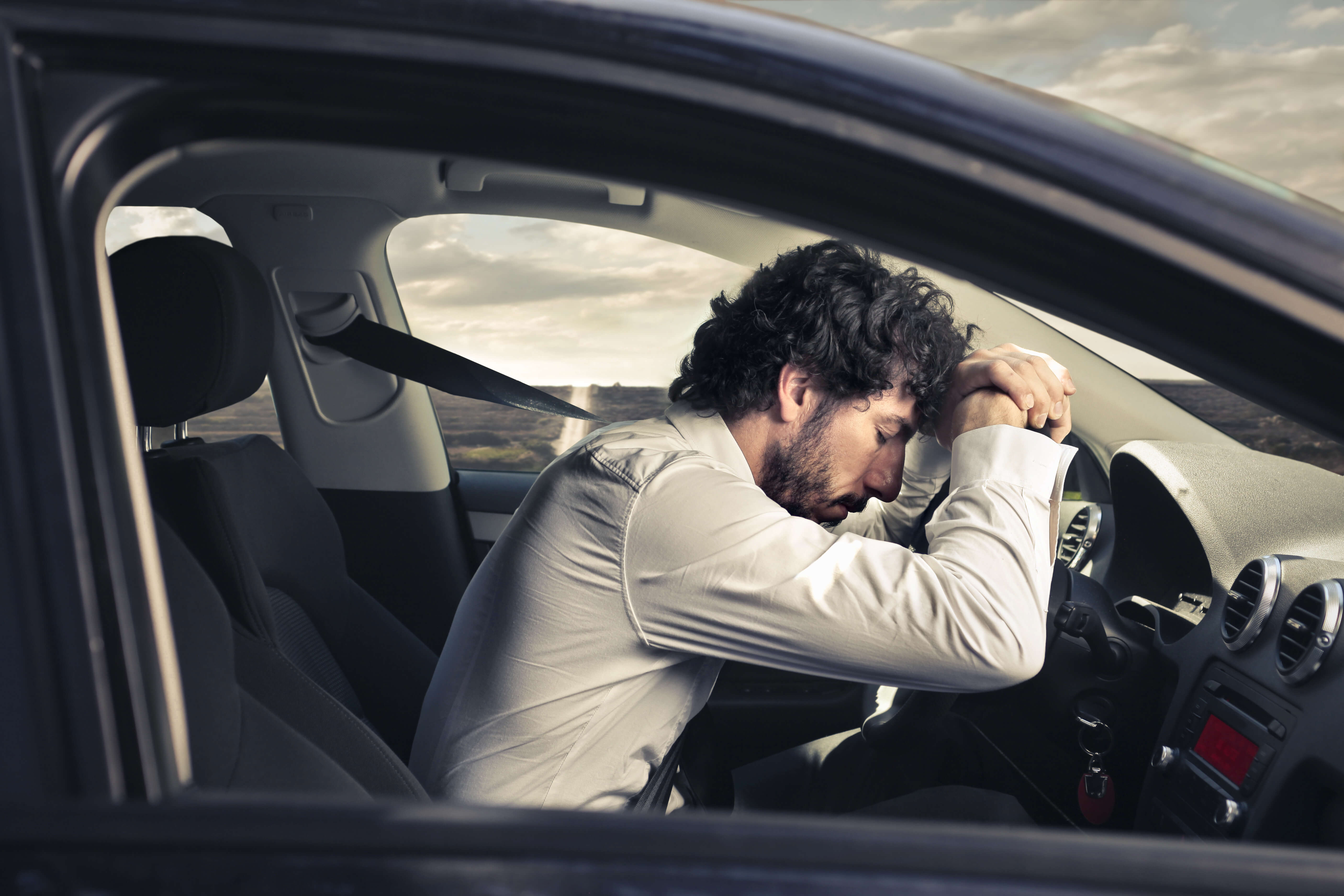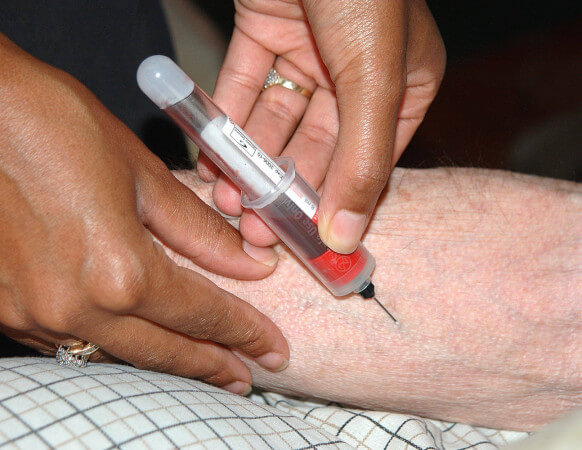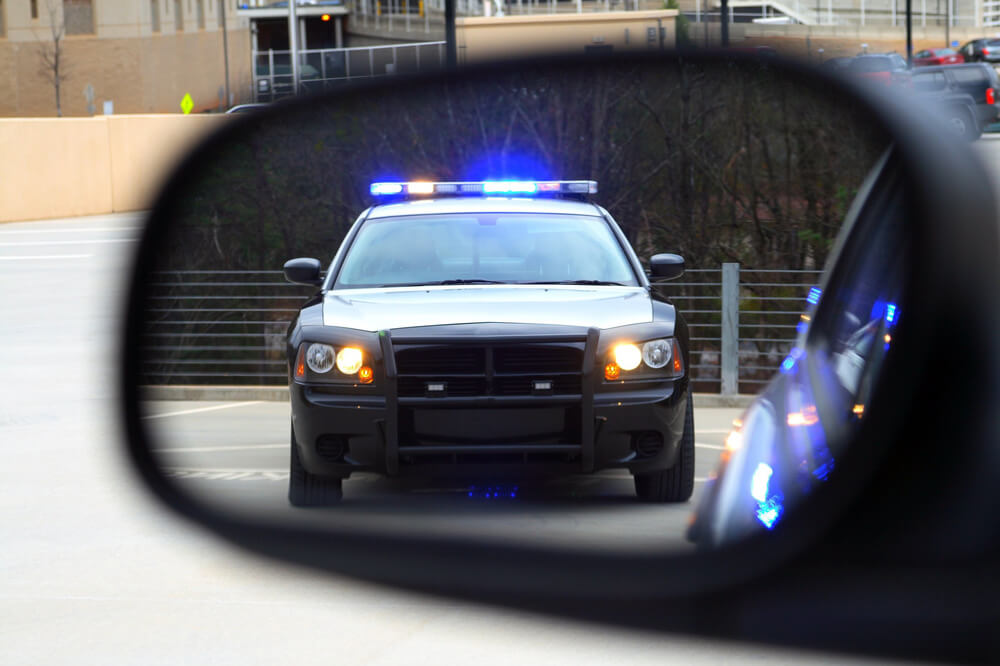DWI Caselaw Update | Fort Worth Criminal Defense Lawyers
 The Fifth Amendment protection against double jeopardy is often viewed as a guarantee against having to stand trial for an offense if an individual has already been found not guilty in a previous trial. It also applies to situations where a defendant is charged with more than one offense: Is it double jeopardy if a defendant receives multiple punishments for the same transaction for multiple offenses?
The Fifth Amendment protection against double jeopardy is often viewed as a guarantee against having to stand trial for an offense if an individual has already been found not guilty in a previous trial. It also applies to situations where a defendant is charged with more than one offense: Is it double jeopardy if a defendant receives multiple punishments for the same transaction for multiple offenses?
Yousef Benson was convicted of two offenses as a result of a 2010 traffic accident that seriously injured another individual–intoxication assault and felony DWI. The offense of intoxication assault occurs when a person “by accident or mistake . . . while operating a motor vehicle in a public place while intoxicated, by reason of that intoxication causes serious bodily injury to another.” Felony DWI occurs when a person “is intoxicated while operating a motor vehicle in a public place” and the person has been previously been convicted of two DWI offenses.
The appellant argued that the two offenses should be considered the same offense, which would prevent the imposition of multiple punishments. The state argued that the offenses were separate and that multiple punishment was allowed. The principle point of contention was whether the previous conviction requirement for felony DWI is an element of the offense or is a punishment enhancement.
The Court of Criminal Appeals performed an “elements” analysis. The elements analysis looks at the specific elements of each crime. If each crime has the same elements, then a court presumes that the offenses are the same for purposes of double jeopardy. Conversely, if two offenses have different elements, the presumption is that the two offenses are separate. In either case, the presumption can be rebutted by showing that the legislature clearly intended the opposite result.
In Benson, the CCA focused on felony DWI’s requirement of two previous convictions. In some cases, such requirements are viewed as creating a separate offense; in other cases, they are considered an enhancement of the level or the punishment for the offense. As Benson acknowledged, the CCA had already held in earlier cases that the required prior convictions for felony DWI constitute an element of the offense, calling them “specific attendant circumstances” that help define the offense. In other words, intoxication assault and felony DWI are presumed to be separate offenses, and a defendant can receive a sentence for each offense.
The CCA then turned to the question of whether there was evidence to rebut the presumption: Did the legislature intend for the two offenses to be treated as one? The court acknowledged that the two offenses are in the same chapter of the criminal code, a factor that supports the same-offense position. But the court looked at the language of the statute and concluded that if the legislature had intended the two offenses to be the same, they would have structured the statutory language differently.
The court also looked at the name of the offenses, pointing out that both offenses have some form of the word “intoxicate” in their names, although used as a modifier in each name rather than as a noun. The court concluded that this factor slightly favored the same-offense position.
The court noted that the two offenses have the same punishment ranges. Although this factor can favor either position, the court concluded that it slightly favored treating the same-offense view.
The court looked at the focus of the offenses and found intoxication assault to be a result-oriented offense (causing serious bodily injury) and felony DWI to be a conduct-oriented (driving while intoxicated) or circumstances-oriented (two prior convictions) offense. Unlike intoxication assault, felony DWI does not even require a victim. This analysis favored treating the offenses as separate.
Finally, the court considered the history of the two offenses and concluded that the various revisions of the criminal code supported the position that the two offenses are separate.
In its final analysis, the court recognized some factors supported Benson’s argument (same offense). However, the court considered the factors supporting the state’s position (separate offenses) as “more substantial.” In the court’s view, the evidence did not support the view that the legislature intended one punishment. Therefore, separate punishment for each offense was not a violation of Benson’s right to protection from double jeopardy.


 The Fifth Amendment protection against double jeopardy is often viewed as a guarantee against having to stand trial for an offense if an individual has already been found not guilty in a previous trial. It also applies to situations where a defendant is charged with more than one offense: Is it double jeopardy if a defendant receives multiple punishments for the same transaction for multiple offenses?
The Fifth Amendment protection against double jeopardy is often viewed as a guarantee against having to stand trial for an offense if an individual has already been found not guilty in a previous trial. It also applies to situations where a defendant is charged with more than one offense: Is it double jeopardy if a defendant receives multiple punishments for the same transaction for multiple offenses?
 One of the requirements for a DWI in Fort Worth is straightforward–the intoxicated individual must be “operating” a vehicle while intoxicated. Any DWI attorney in Fort Worth would tell you that basic requirement. The Texas Court of Criminal Appeals recently considered the question of whether an individual who is passed out in a running, yet stationary, vehicle is “operating” the vehicle for DWI purposes. In
One of the requirements for a DWI in Fort Worth is straightforward–the intoxicated individual must be “operating” a vehicle while intoxicated. Any DWI attorney in Fort Worth would tell you that basic requirement. The Texas Court of Criminal Appeals recently considered the question of whether an individual who is passed out in a running, yet stationary, vehicle is “operating” the vehicle for DWI purposes. In 
 Mosquitoes are pesky little things. They land on you, insert a sharp needle-like nose into your arm and suck your blood without even asking for permission. Well, like the hard slap of a hand on top of one of these pests, Texas courts are finally falling in line behind the Supreme Court’s ruling in Missouri v. McNeely (133 S. Ct. 1551 (2013)) striking down warrantless blood draws of a driver’s blood in DWI cases.
Mosquitoes are pesky little things. They land on you, insert a sharp needle-like nose into your arm and suck your blood without even asking for permission. Well, like the hard slap of a hand on top of one of these pests, Texas courts are finally falling in line behind the Supreme Court’s ruling in Missouri v. McNeely (133 S. Ct. 1551 (2013)) striking down warrantless blood draws of a driver’s blood in DWI cases.
 In many ways, Texas Court of Criminal Appeals also acts the State’s highest traffic court. What follows is a synopsis of
In many ways, Texas Court of Criminal Appeals also acts the State’s highest traffic court. What follows is a synopsis of 
 Many of our criminal cases begin with traffic offenses. Something as simple as failing to signal for a lane change can quickly become a DWI investigation if the officer suspects the driver has been drinking. Often, during a traffic stop an officer will ask for consent to search the vehicle and then, depending on what might be in the car, the traffic stop turns into an arrest for possession of an illegal substance or contraband. (Tip: Never give consent to search. Ever.)
Many of our criminal cases begin with traffic offenses. Something as simple as failing to signal for a lane change can quickly become a DWI investigation if the officer suspects the driver has been drinking. Often, during a traffic stop an officer will ask for consent to search the vehicle and then, depending on what might be in the car, the traffic stop turns into an arrest for possession of an illegal substance or contraband. (Tip: Never give consent to search. Ever.)
 Missouri v. McNeely
Missouri v. McNeely
 You can’t believe anything he says. He tries to sound intelligent and reliable, but falls far short. Did you think I was writing about a political candidate? Nope. A police officer.
You can’t believe anything he says. He tries to sound intelligent and reliable, but falls far short. Did you think I was writing about a political candidate? Nope. A police officer.





